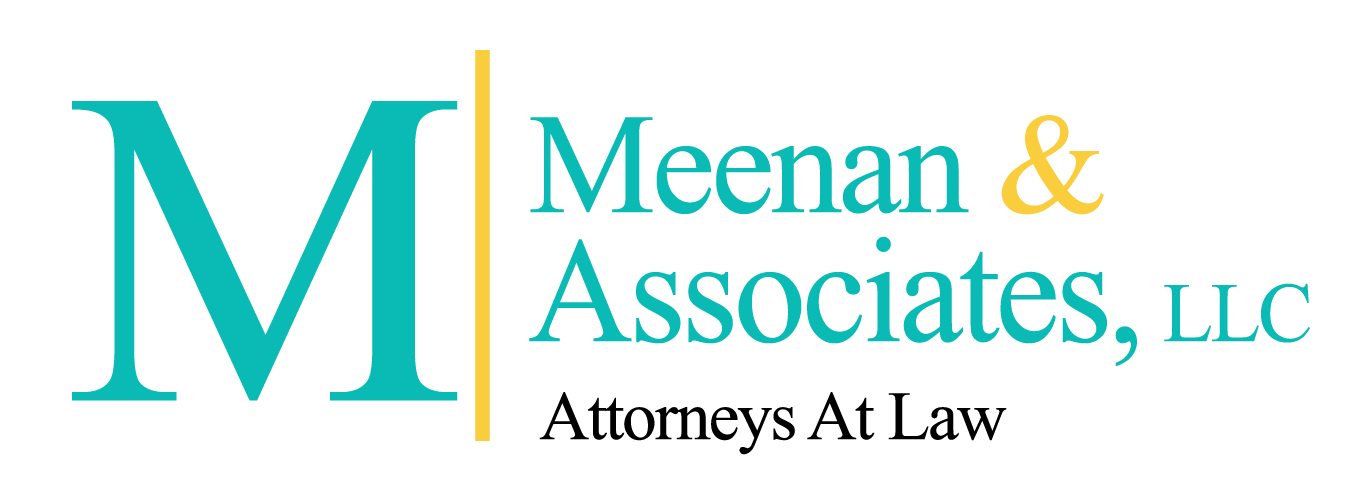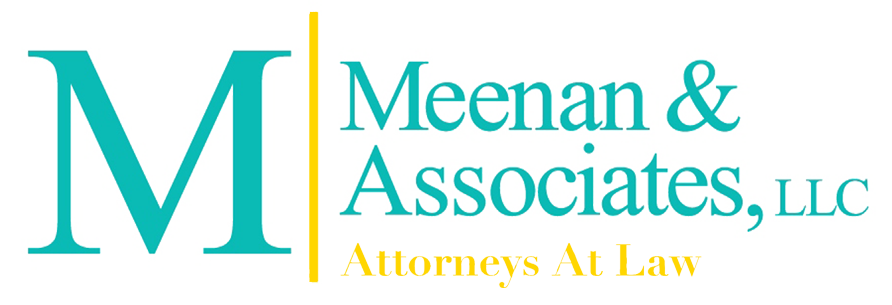The coronavirus/COVID-19 pandemic has raised novel questions for employers and employees about what conduct is permissible by an employer who is covered under the American with Disabilities Act (ADA), as amended by the Rehabilitation Act. These laws provide important work-place protections to employees, including limitations on medical inquiries and examinations by an employer, protections for disabled employees, and an employee’s right to a reasonable accommodation under certain circumstances. The Equal Employment Opportunity Commission (EEOC) has issued guidance to employers clarifying the actions that employers may take with respect to the coronavirus/COVID-19 that are consistent with the principles of the ADA, as amended.
The EEOC guidance clarifies that the anti-discrimination rules under the ADA and the Rehabilitation Act continue to apply to employers covered under those laws. However, the EEOC emphasized that these laws do not prevent employers from following local, state and federal public health authorities’ guidance on steps that employers should be taking with respect to coronavirus/COVID-19, guidance that is continuously evolving and with which employers should be up-to-date. And, while employers have more flexibility regarding obtaining employees’ medical information, employers continue to be obligated to maintain confidential all information about the illness of an applicant or employee.
An important concept in the EEOC guidance to the current pandemic is that of a “direct threat,” which the ADA defines as a significant risk of substantial harm to the health and safety of the individual or others that cannot be eliminated or reduced by reasonable accommodation.” The ADA does not protect an individual that poses a “direct threat” in the workplace. Based on the guidance from the Centers for Disease Control and other public health authorities, COVID-19 meets the standard for a “direct threat,” which allows employers to take certain actions that would otherwise be impermissible.
According to the EEOC guidance, it is permissible under the ADA as amended for employers to:
- Screen job applicants for COVID-19 symptoms after making a conditional job offer, as long as the employer does so for all incoming employees in the same type of job.
- Delay the start date of an applicant with a diagnosis or symptoms of COVID-19.
- Withdraw a job offer to an applicant with a diagnosis or symptoms of COVID-19 when the employer needs the applicant to start immediately.
- Measure the temperature of job applicants (post-offer and pre-employment) and of employees.
- Encourage employees to telework.
- Require employees to adopt infection-control practices and wear personal protective equipment, with a reasonable accommodation where required for disability.
- Ask employees who call in sick if they are experiencing symptoms of the virus.
- Require employees sick with COVID-19 symptoms to stay home.
- Require a doctor’s note certifying fitness for duty from an employee who was sick with COVID-19 symptoms. As a practical matter, new approaches to containing medical clearance may be necessary, since medical practitioners may be too busy to provide documentation.
- Ask employees whether they are returning from specified locations, visitors to which the CDC or local public health officials have recommended to stay at home.
- Obtain information from an employee who has visited such specified locations, as recommended by the CDC and state/local public health authorities, in order to permit an employee’s return to the workplace.
While employers are allowed to take certain actions to protect the health and safety of their employees during the COVID-19 pandemic, the ADA still remains in effect.
Individuals who believe they are being unfairly discriminated against because they are disabled should contact Colleen M. Meenan at Meenan & Associates, LLC.


